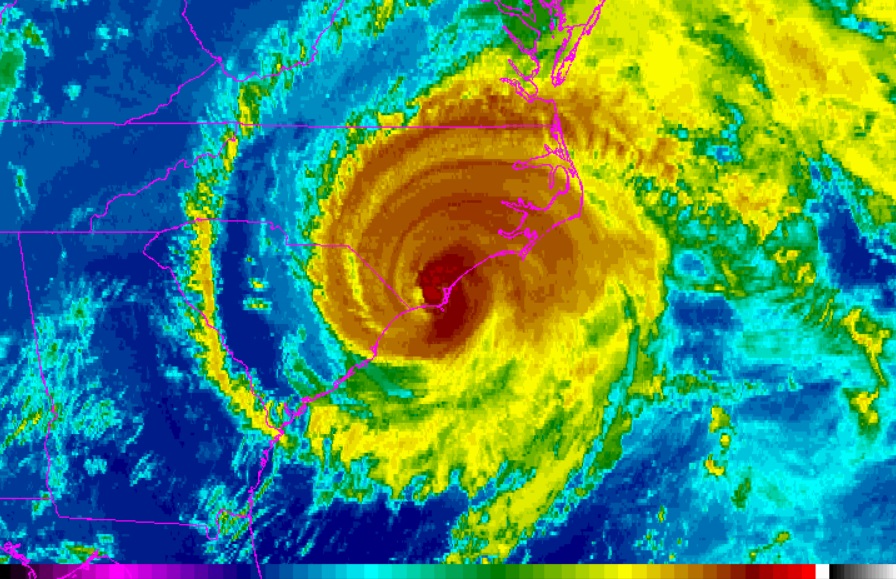 Parler
Parler Gab
Gab
Do mainstream media reporters know they're lying, or are they deceived, too?
It turns out that increasingly fewer hurricanes are striking America these days, based on NOAA data. Any claim to the contrary is a bald-faced lie, or at best a contortion of the data. Financial Times (FT) is one of the fake news media outlets that falsely reported on an alleged increase in hurricanes due to global warming. The reality, though, is that the data (FT) used just shows improved hurricane detection due to satellites. You see, back in the 1800s and early 1900s, there were no satellites orbiting the earth. This means that far fewer hurricanes were detected at the time, which framed in just the right way can make it seem like there are more hurricanes today than there were back then. "What are the chances that FT reporter @Aime_Williams didn't know this?" asked Dr. Michael Shellenberger, M.D., on Twitter. "I would guess close to zero." "It's possible that @Aime_Williams was careless but I doubt it. I would bet good money that she read NOAA's web site, which clearly warns that 'there is essentially no long-term trend in hurricane counts,' and chose to ignore it in order to sensationalize." What about the intensity of hurricanes today versus back then? The corporate-controlled media, including Aime Williams over at FT, are insistent that the hurricanes of today are much, much stronger. Once again, Shellenberger debunks this by pointing to statements straight from the NOAA: "... after adjusting for changes in observing capabilities (limited ship observations) in the pre-satellite era, there is no significant long-term trend (since the 1880s) in the proportion of hurricanes that become major hurricanes." "We conclude that the data do not provide compelling evidence for a substantial greenhouse warming-induced century-scale increase in: frequency of tropical storms, hurricanes, or major hurricanes, or in the proportion of hurricanes that become major hurricanes." There you have it, folks. The NOAA is debunking the climate alarmists by reassuring the public that hurricanes are pretty much the same today as they have always been, and may even be decreasing in prevalence. The latest news about media lies concerning climate change and global warming can be found at Climate.news. Sources for this article include: TheReaderApp.com NaturalNews.comIf Red States can’t protect voters from PayPal, they deserve to lose
By News Editors // Share
The monopolist Big Tech cartel is killing us!
By News Editors // Share
Horrific child abuse: Mastectomies among ‘transgender’ minors have ‘exploded’
By News Editors // Share
Seven times ‘disinformation’ turned out to be just the opposite
By News Editors // Share
Biden regime paid screenwriters, comedians to mock the unvaccinated
By Ethan Huff // Share
Governments continue to obscure COVID-19 vaccine data amid rising concerns over excess deaths
By patricklewis // Share
Tech giant Microsoft backs EXTINCTION with its support of carbon capture programs
By ramontomeydw // Share
Germany to resume arms exports to Israel despite repeated ceasefire violations
By isabelle // Share










